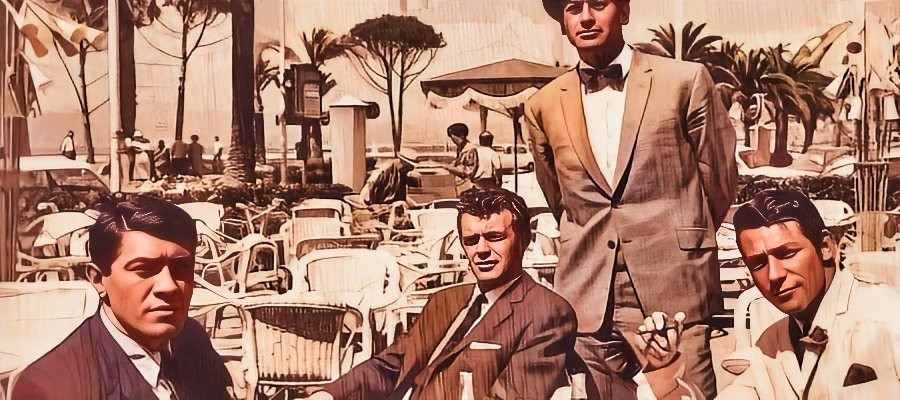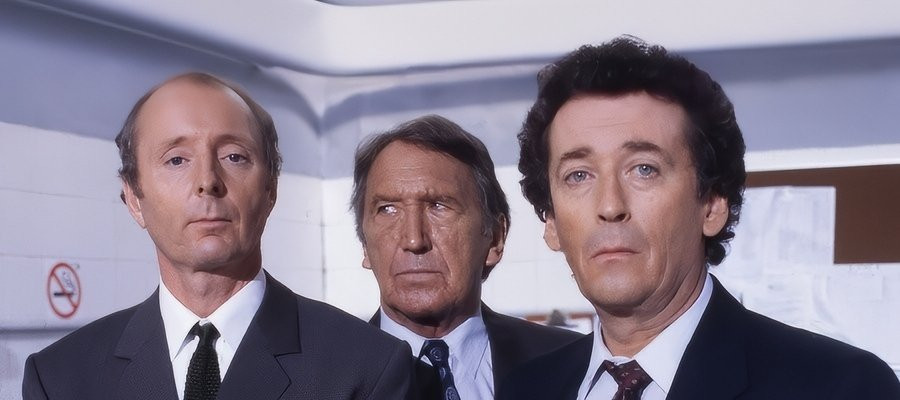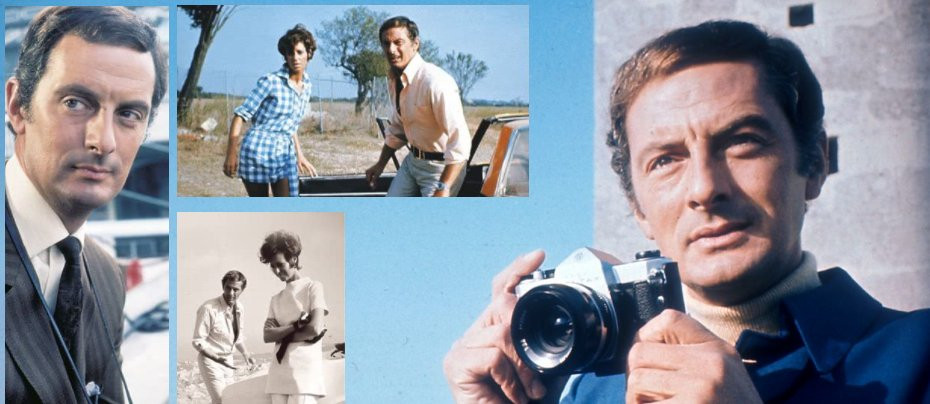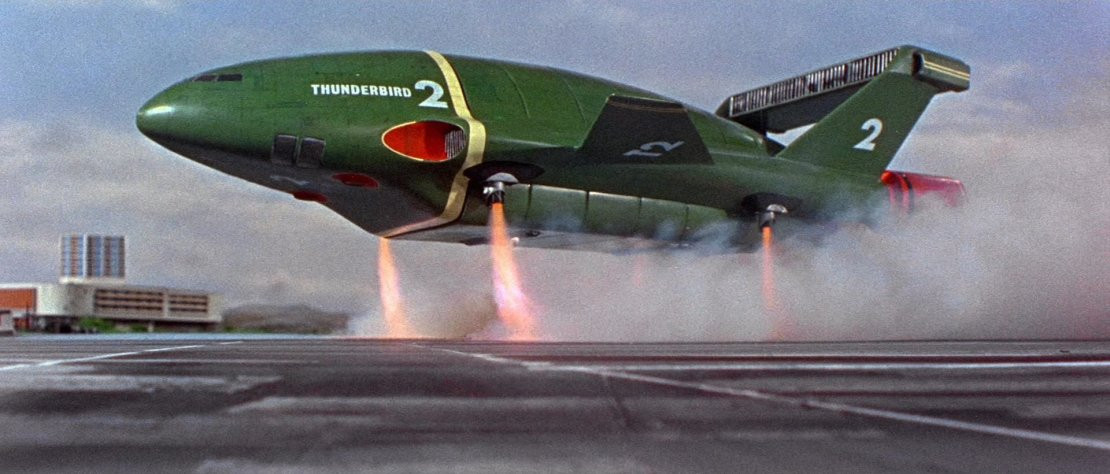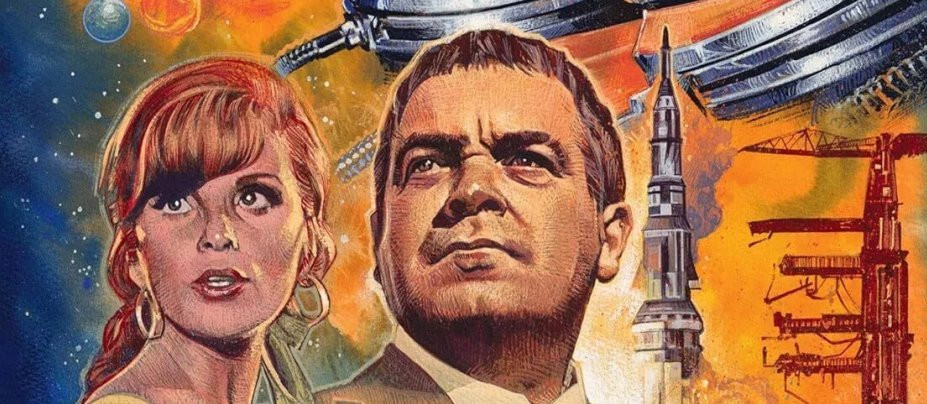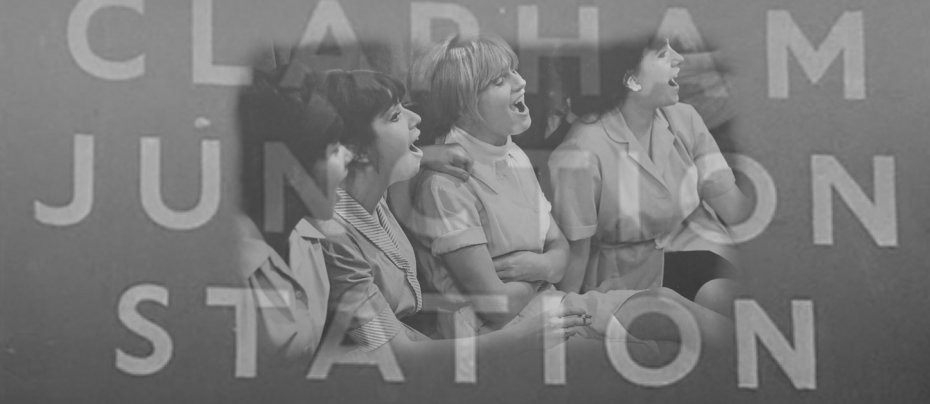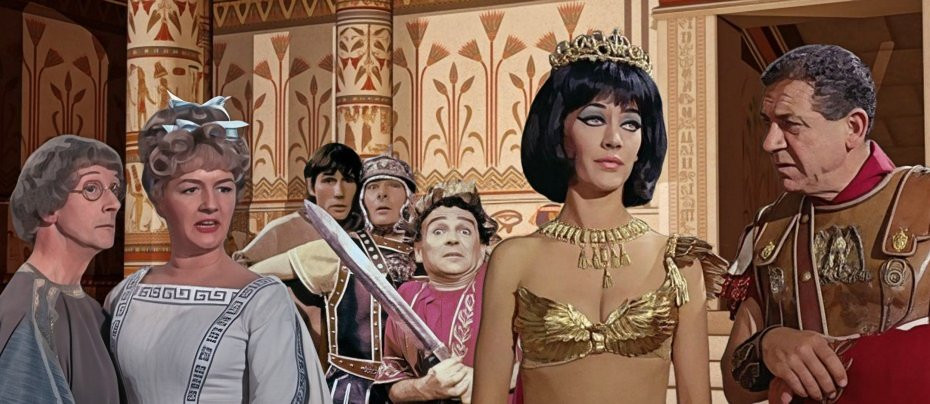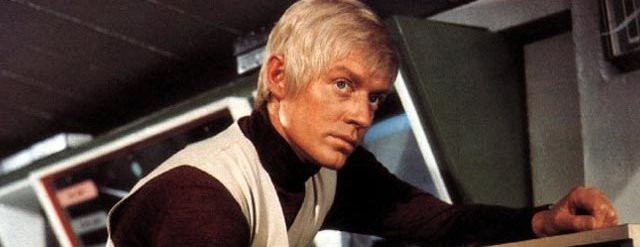
UFO
1970 - United KingdomGerry and Sylvia Anderson’s UFO, first aired in 1970, marked a bold departure from the duo’s celebrated puppet-based series such as Thunderbirds and Captain Scarlet and the Mysterons. As their first full foray into live-action television, UFO was a much more adult-orientated production, trading the whimsical charm of marionettes for a darker, more mature tone and a storyline rooted in Cold War paranoia and existential threat.
Set in the then-futuristic world of 1980, Earth is under covert siege from a mysterious, green-skinned, liquid-breathing alien race. To combat this insidious threat, the international community establishes SHADO (Supreme Headquarters, Alien Defence Organisation), a clandestine military outfit operating from beneath the Harlington-Straker film studios just outside London. The organisation is led by the stoic and silver-haired Commander Ed Straker (Ed Bishop), a former USAF colonel whose unflinching resolve and personal sacrifices anchor the series emotionally and thematically.
Straker’s support team includes the charismatic Colonel Alec Freeman (George Sewell), the cool and capable Captain Peter Carlin (Peter Gordeno), and later, the tenacious Colonel Paul Foster (Michael Billington), who brings a slightly more rebellious edge to the operations. SHADO’s futuristic defences include Moonbase — staffed by purple-haired women in white catsuits, most notably played by Gabrielle Drake and Wanda Ventham — and the iconic Interceptor spacecraft, brimming with the classic Anderson gadgetry and miniatures fans had come to adore. If extraterrestrial threats managed to slip through Earth’s lunar net, SHADO could still rely on its amphibious Skydiver vessels, which were equally adept at undersea or aerial combat.
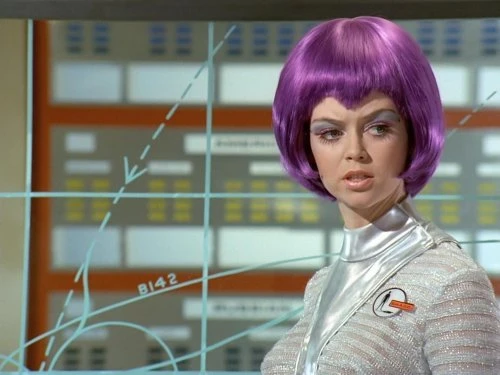
UFO was conceived in 1968, during the waning days of the puppet series The Secret Service and while the Andersons were putting the finishing touches on their first live-action feature, Doppelganger. With Reg Hill also on board, and financing from ATV mogul Lew Grade to the tune of £100,000 per episode — a considerable sum at the time — UFO began filming across several British studios: MGM’s facility at Boreham Wood, Century 21 Studios in Slough, and finally ATV’s Elstree Studios. However, the series suffered a significant setback when MGM closed the Boreham Wood location in late 1969, bringing production to a temporary standstill. Only 17 episodes had been completed by then; it wasn’t until May 1970 that filming of the full 26-episode run resumed and concluded.
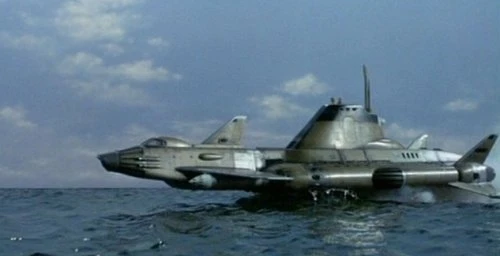
The show had all the hallmarks of success: an intelligent premise, taut direction, high production values, and, crucially, the meticulous model work and special effects that had become synonymous with the Anderson brand. However, where UFO faltered was in its positioning. Broadcast schedulers appeared uncertain about its intended audience — was this high-concept sci-fi for adults, or a Saturday morning actioner for children? As a result, UFO was shunted erratically between time slots, from family-friendly afternoons to obscure late-night graveyards. The confusion ultimately undermined its momentum, and though a second season was mooted, it was eventually shelved in favour of the Andersons' next ambitious project, Space: 1999.
In retrospect, UFO stands as a fascinating and often overlooked gem of British television science fiction. It was daring, stylish, and, at times, unexpectedly poignant. Despite its scheduling woes and tonal inconsistencies, it paved the way for more sophisticated genre television and remains a cult favourite for those who appreciate a mix of speculative fiction and retro-futuristic flair. With its sharply tailored uniforms, brooding atmosphere, and forward-thinking themes, UFO proved that Gerry and Sylvia Anderson were capable of much more than puppet mastery — they could craft compelling, adult storytelling with the same ingenuity and flair that had defined their earlier successes.
Seen this show? How do you rate it?
Seen this show? How do you rate it?
Published on February 9th, 2019. Written by Laurence Marcus (2025) for Television Heaven.


